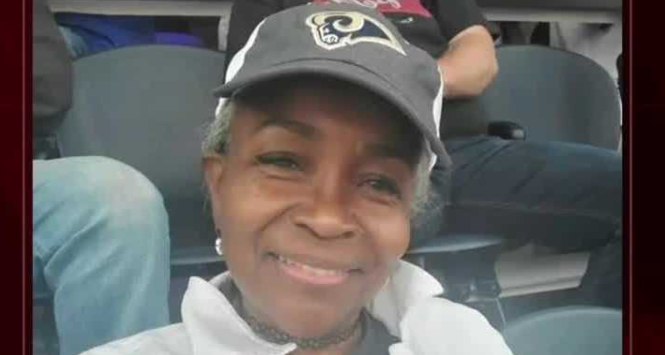A second woman has been strangled to death during a conjugal visit at Mule Creek State Prison in California, sparking outrage and calls for reform.
The most recent victim, 47-year-old Tania Thomas, was allegedly murdered by her inmate husband, Anthony Curry, 48, while visiting him at the facility in July 2024.
Curry, who was already serving a life sentence for attempted murder, was officially charged with her killing last week.
The revelation comes just months after another woman, 62-year-old Stephanie Dowells, was allegedly strangled by her husband, inmate David Brinson, during an unsupervised visit at the same prison in November.

Dowells’ death was recently ruled a homicide, though no charges have yet been filed.
Pattern of Violence Raises Questions
“I’m sick to my stomach that this happened to Tania, but then it happened again just months after to Stephanie,” said Thomas’ cousin, Jeanine Rojo. “Something needs to be done—and it should have been done two homicides ago.”
Thomas’ family only learned about the murder of Dowells after seeing recent news reports, which prompted them to come forward publicly with their concerns. Both families are now demanding changes to California’s prison policies, specifically seeking to bar violent offenders from participating in unsupervised conjugal visits.

Currently, the California Department of Corrections and Rehabilitation (CDCR) permits family visits for eligible inmates in “private, apartment-like facilities on prison grounds” lasting up to 40 hours.
According to CDCR guidelines, only individuals on death row or those convicted of sex offenses are prohibited from these visits.
A CDCR spokesperson defended the program, stating:
“Family visits are a privilege, and incarcerated persons must apply and meet strict eligibility criteria to be approved. Only those who demonstrate sustained good behavior and meet specific program requirements are considered. These visits are designed to support positive family connections and successful rehabilitation.”
However, with two homicides occurring within months at Mule Creek State Prison, families are questioning how often such incidents have happened without public knowledge.
“One thing I do want to know is how many other times has this happened at Mule Creek and it’s gone undetected,” Rojo said. “If Stephanie’s family and Tania’s family didn’t come forward, the public would not have known.”
As the investigation continues, the cases of Thomas and Dowells have renewed debate over the risks associated with unsupervised family visits for violent offenders.
